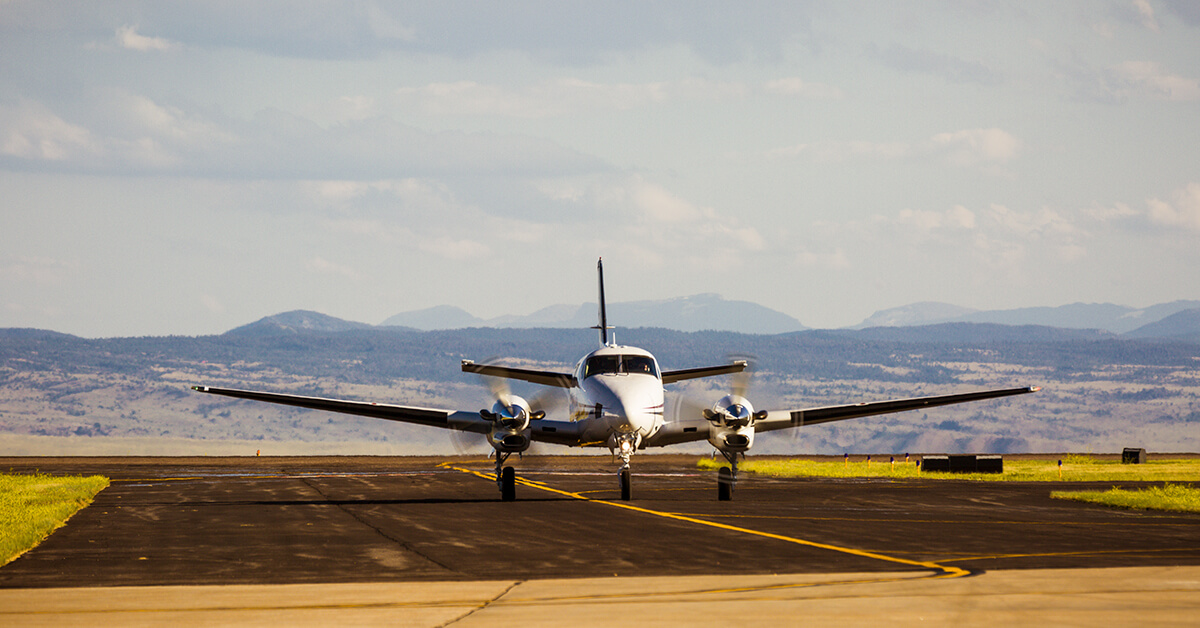
July 15, 2021
The resilience and adaptability of business aviation have helped the industry weather the challenges imposed by the COVID-19 pandemic.
Now, as demand soars for business aviation services, the industry must use those same skills to ensure a smooth and safe transition back to a new “normal,” said a panel of industry experts in the latest NBAA News Hour Thought Leadership webinar “We’re Off to the Races – An Industry Roaring Back,” sponsored by Mesinger Jet Sales.
“Throughout the pandemic, we have used the NBAA News Hour to discuss significant issues, from disinfecting aircraft to operating in ATC Zero events,” said NBAA President and CERO Ed Bolen. “There have been some very challenging moments, but today marks a new beginning as we move forward to consider the revival of business aviation and talk about our industry being off to the races.”
Moderated by Jay Mesinger, president and CEO of Mesinger Jet Sales, the webinar focused on three topics to guide operators back to recovery: operating under current COVID restrictions, creating a safety health check and returning flight departments to full service.
According to Christine Vamvakas, senior account manager, charter management at Universal Weather and Aviation, international travel continues to be the primary concern when considering restrictions, although she noted that in recent weeks many international markets – including some in Asia that have employed the most stringent restrictions – have started to reopen.
Even with this reopening, Vamvakas noted that “from the trip handling side of things, it’s a lot more intensive because there are additional requirements and things no longer operate as they once did.” For instance, passengers landing at general aviation terminals may be processed at a main terminal because of local COVID-19 test requirements, while increased demand for ground services may impact access to popular destinations and even alternative airports.
These issues can be compounded by changes in entry requirements and polymerase chain reaction, or PCR, swab testing rules, which can occur with little notice, Vamvakas noted, adding that operators should continue to look at the feasibility of each international trip.
In addition to COVID-related restrictions, operators must also “remember everything else,” said Vamvakas, and ensure that all documentation is up to date, including passports and visas.
The strong rebound in domestic business aviation demand – which in June reached levels not seen since October 2007, according to Joe Moeggenberg, president of ARGUS International – is expected to be mirrored on international routes, so flight departments should review their operations now to ensure a safe return to service.
“Fortunately, very few flight departments cut staff or aircraft, but their flight activity has been way down, and airplanes have been parked so now they have to get things up and running again,” Moeggenberg explained.
Operators can facilitate this transition with a safety health checklist, which provides a step-by-step guide to returning to service, noted Moeggenberg.
“You must look at the human factors, operating metrics, outsourced services, strategic planning and, most importantly, the safety management system. Everything has to be revisited and it’s going to take time,” he added. “If you’re going from very little flight activity to a lot of flight activity, you have to consider that the flight departments could be a little rusty, so it helps to look at the operations as a new startup,”
And flight departments need to be prepared, said Jad Donaldson, director of aviation and chief pilot at Harley-Davidson Motor Company.
“Companies expect flight departments to be ready to go so when they walk through the door, we need to be there for them,” noted Donaldson. “It’s the job of business aviation to take care of this, and I think all the directors, chief pilots and frankly everybody that works in business aviation intuitively knows that we have to be ready. Whether you’re busy right now or not, one day you will be.”
The pandemic’s prolonged impact on operations must be appreciated as flight departments ramp up, said Donaldson.
“Our industry did an outstanding job through the pandemic and probably is proving itself really worthy of that as we’re moving out of the slowdown into this more aggressive bounce back,” he said. :We owe it to each other to make sure we uphold standards and safety as high as we absolutely can, so we must approach this at a slow pace, one that acknowledges that we’re not at the proficiency level we used to be.”


 International Business Aviation Council Ltd.
International Business Aviation Council Ltd.